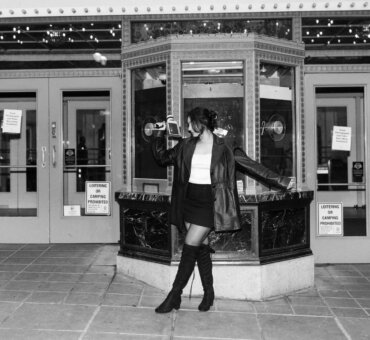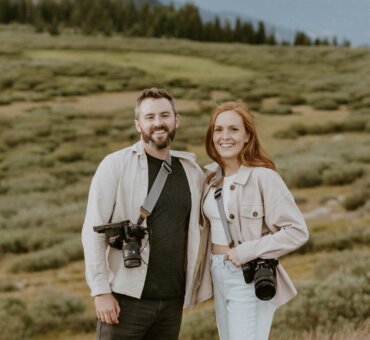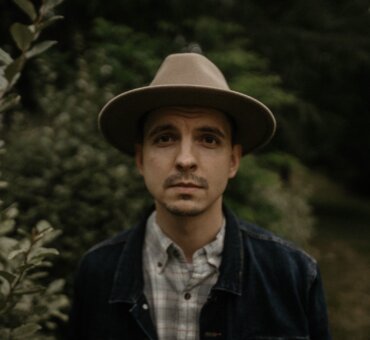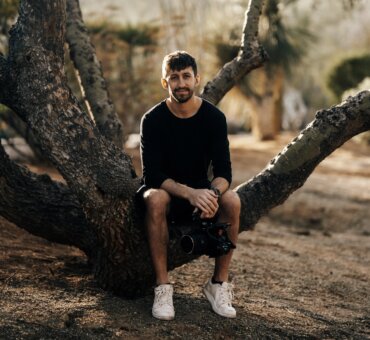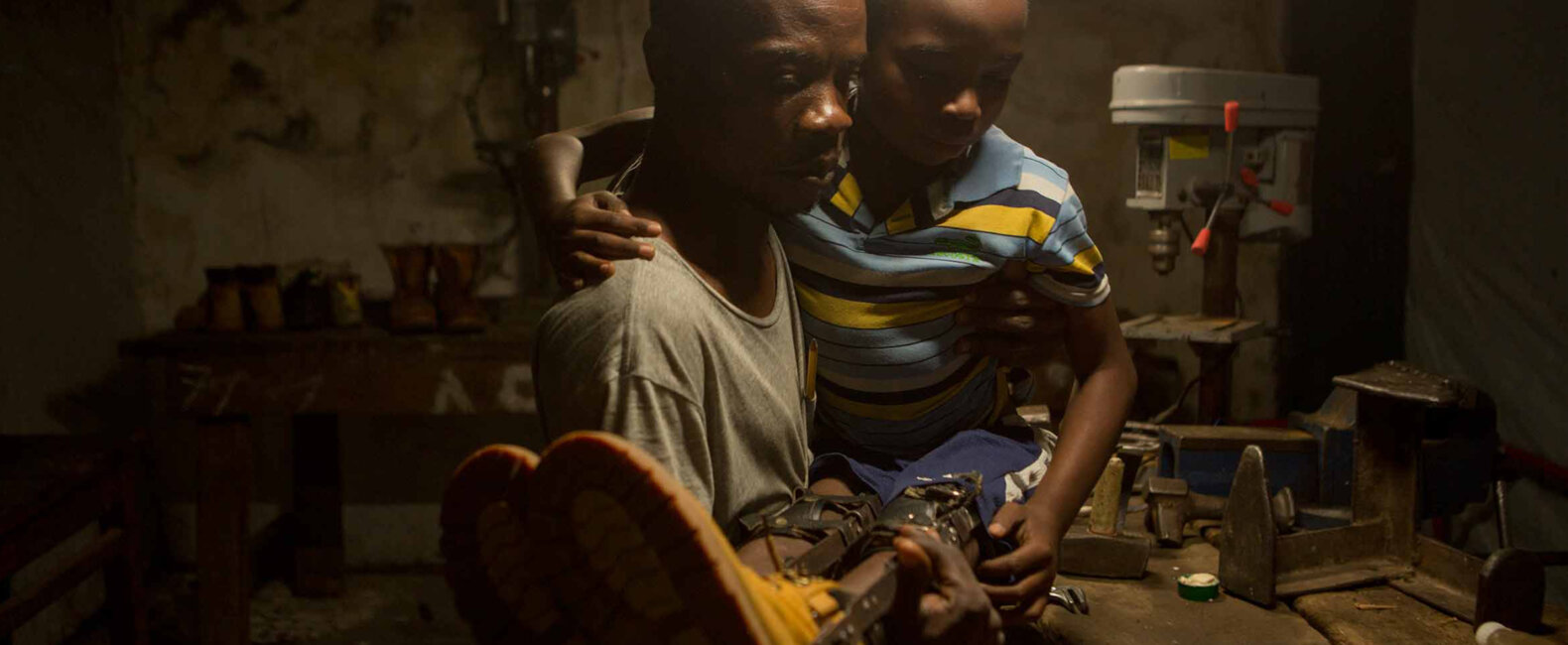“I am a guidance counselor’s worst nightmare,” Brandon Bray, creative director at DECADE, told us about his zigzagging, Tasmanian devil-esque career path, which has included everything from launching a successful coffee shop chain to all but disappearing into the landscape of rural China. No matter what he was doing, though — no matter how far removed he was from filmmaking — filmmaking was always on his mind. After returning to the craft in 2008, Brandon hasn’t looked back.
You might say his career path mirrors his filmmaking philosophy: One thing always leads to the next.
One of his most recent projects, the short documentary Un Architecte, shows a filmmaker determined to strip down the story to its most basic elements. “I kept telling myself to simplify the story, simplify the story, keep simplifying,” Brandon says. “Eventually everything just started stripping away to the point where there aren’t even any words.”
We recently talked to Brandon about his life, his work, and the golden piece of advice he forcefully extracted from a legendary filmmaker.
MB: What’s your creative journey been like? How did you end up here?
Brandon Bray: I went to a small liberal arts school in Kentucky called Asbury University, and I graduated with a degree in media communication when I was 21. Then I immediately left the industry for a long time. I became a graphic designer. I tested guitars and amps for zZounds.com, which paid about 13 cents an hour. I moved to Oklahoma and helped start a coffee shop, which ended up getting the attention of an investor who asked if I thought the coffee shop would work in China. I was like, “I don’t know, that sounds ridiculous.” So he bought me a plane ticket and sent me to Western China for two months. I had no idea what I was doing. I was in way over my head. But I completely fell in love with China and ended up moving there for just over two years years. Eventually my sister came to visit, and she was like, “You cannot be the weird guy who’s been in China too long.” So I went back home, moved to DC, and got really into documentary work.
Had you always been interested in nonfiction?
I think so. The first documentary I ever did was just me hanging out in a Waffle House in Kentucky for two days. It was great. I mean, the piece was really bad in terms of style, but the content is amazing. The things people said. How much they offered of themselves. It never ceases to amaze me how vulnerable people will be on camera. It’s infectious. I couldn’t let it go after that.
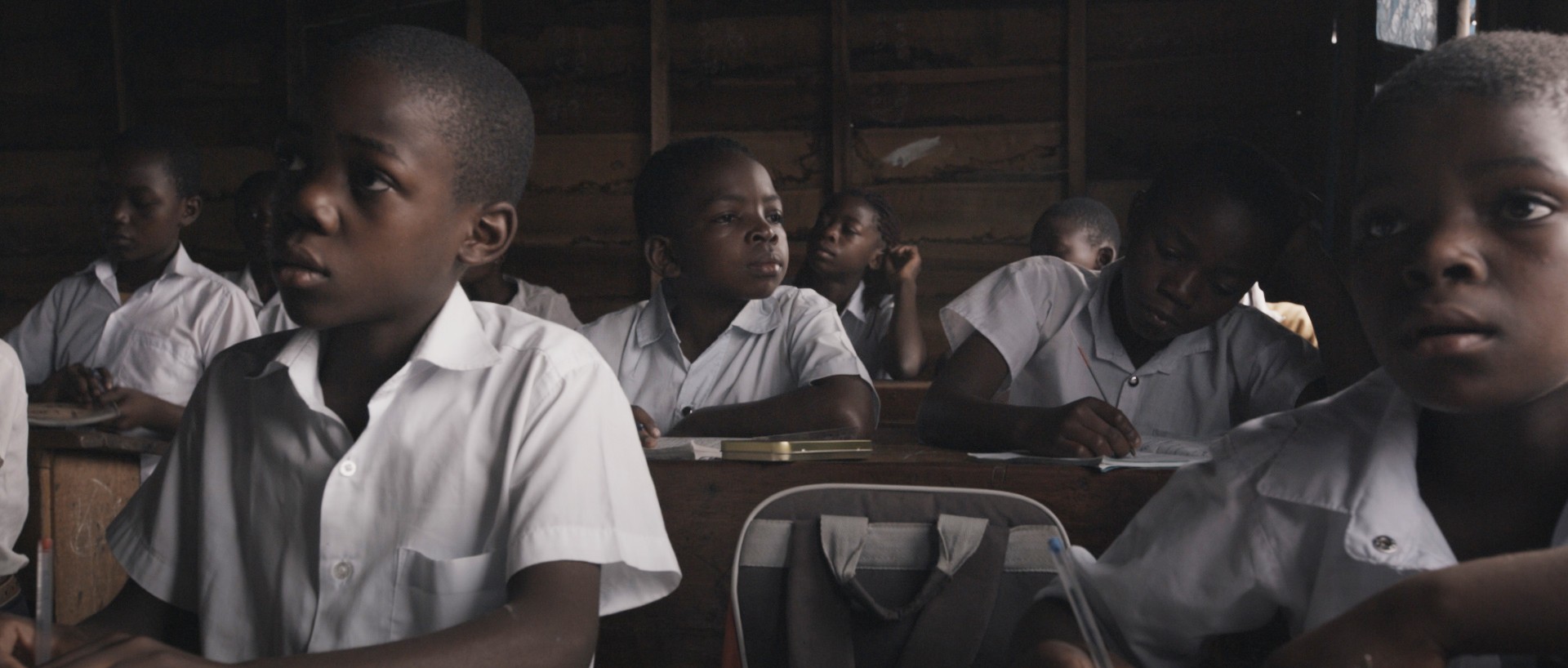
If you’re trying to make your story complicated, then you’re doing something wrong. You need to strip the story down.
Two days in a Waffle House?
Yeah. I went to this Waffle House in Lexington. I’d been going there to study for a couple of years, so I knew the staff really well. I said, “Hey, can I come in one day and bring a camera and hang out?” I ended up staying there for literally 48 hours. I picked up some unbelievable stuff. People who were totally drugged out, girls stripping on the tables, people breaking down and crying about their parents. It’s amazing what happens in 48 hours in a place as simple as a diner. There is a whole world of joy and hurt and intrigue.
Did you get nervous interviewing strangers?
I liked how unsettling it was. When you put a camera in someone’s face, it’s 50/50 what’s going to happen. You’re either going to get punched in the face, or you’re going to be accepted and get something interesting. I think that was the drug. It felt natural pretty quickly. Not nearly as scary as I thought.
Did you ever have any desire to work on fictional pieces?
It’s funny. [Un Architecte] is the first time I’ve done anything that has any fiction in it whatsoever. All of my work has been exclusively nonfiction. And actually, a lot of my career has been spent editing footage that other people or companies gave to me. They just hand me a hard drive and say, “Make something great.” When you spend that much time editing, you naturally get to a place where you can see how stories could be set up better, how they could be told cleaner. I’ve seen that evolution happening within me. This desire to tell cleaner stories. It’s very hard to do that with pure documentaries.
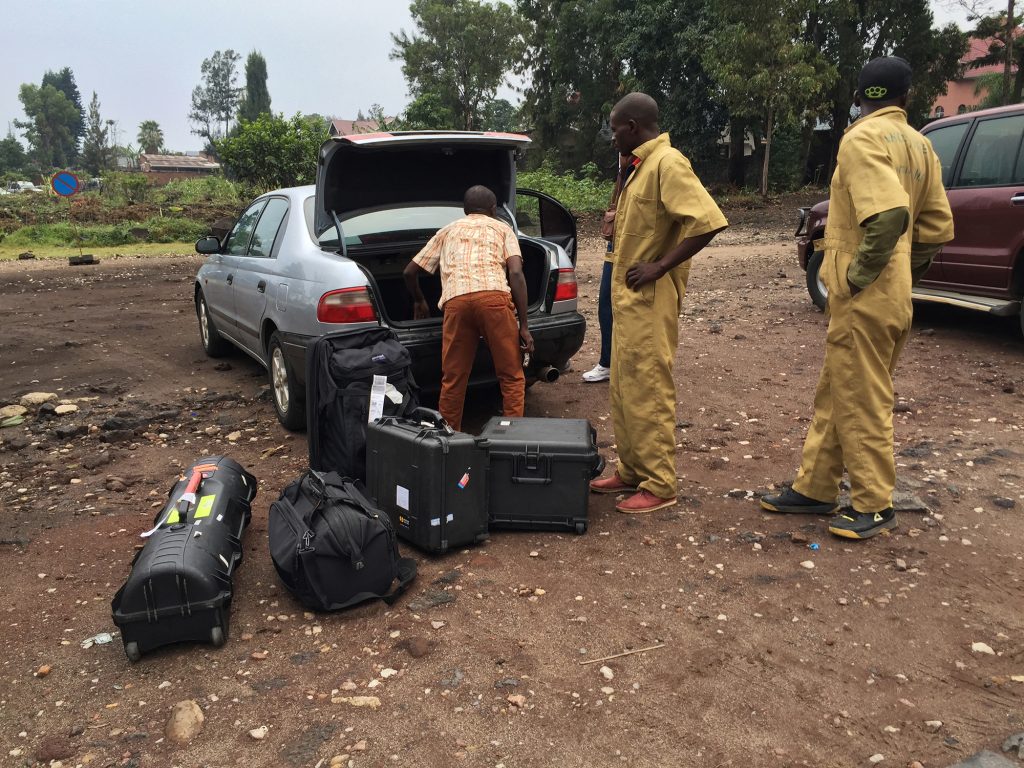
How did this project come about?
I was sent to Congo by Bittersweet Monthly. They tell a lot of stories every month about a variety of issues. And for this one they said, “You can do whatever you want.” Of course, a lot of people say that when what they really mean is, “We have stipulations.” But Bittersweet Monthly really meant it, which was terrifying. The turnaround was really fast too. I think I spent three days on the edit and it was done.
How much of Un Architecte was fictionalized? When we first started watching it, we weren’t sure if we were watching a short film or a documentary.
It’s great to hear that you were confused about that because in the middle of production, I started wondering the same thing. One thing I love about the title, Un Architecte, is that everyone in this story is a kind of an architect. Even me. I was orchestrating a very specific story, even though the story is true. Everything is real. There are no actors or stand-ins. Everything was real, but it was also a little bit directed. Every morning I’d wake up and storyboard everything I’d learned the previous day, trying to figure out where all of this was going.
Did you have that reveal at the end in mind from the beginning?
No. That happened a lot later, almost on the last day of shooting. It was so hard to assemble this story. It became a very complicated storyboard. But that turned out to be one of the best lessons for me. Early on, I had this very involved story in mind with bait-and-switches and complicated connections. But here’s the lesson: If you’re trying to make your story complicated, then you’re doing something wrong. You need to strip the story down. I kept telling myself to simplify the story, simplify the story, keep simplifying. Eventually everything just started stripping away to the point where there aren’t even any words. Very few characters. It’s about this boy who wants mobility and has dreams. That’s it. How far can you distill your story down? It’s very hard to do.

Slow down. Think about what you’re shooting. And why.
My normal gut instinct on a documentary is to start rolling before the car even stops. Spray and pray — and then hope you find the story in the edit. But I’ve realized that’s a really inefficient use of everyone’s time. You need to slow down. Think about what you’re shooting. And why.
How did you tell such a great story without any words?
That’s kind of you to say. I think part of it was I found [Ryan Taubert’s “Pioneer”] the week before I went to Congo. I played it on repeat every morning, and I basically fit everything to the flow of the music. I don’t think you can do something without any words and not have either amazing visuals or an amazing track that pulls you in. In a way, the music was the words.
Do you have a particular way of working? A sort of “philosophy”?
I know a lot of people who start in the middle of a project, or at the end of the project. But I am very linear. I start from the first frame, and I move forward to the last frame. I don’t jump around. Everything builds on the frame before it. If one frame is wrong, the next frame is going to be wrong too. That might be the closest thing I have to a philosophy.
Is there a piece of advice you’ve gotten over the years that has stuck with you?
[Laughs] I haven’t thought about this in a really, really long time. But when I first got back from China, I was in a really bad spot. I’d been gone for so long that I’d lost a lot of my contacts, and in a lot of ways I was starting over. I didn’t even have a camera. Plus, I was broke. Right around that time, a film came out called Iraq in Fragments, which was up for an Academy Award in 2007. I think it lost to An Inconvenient Truth. Anyway, I watched Iraq in Fragments, like, 50 times. It was incredible. A very quiet story in a terrifying atmosphere. And the filmmaker, James Longley, is amazing. He won the MacArthur Fellowship “Genius Grant”; he’s just an incredible guy. So I somehow found his phone number and called him. He didn’t pick up, of course. So I called him and emailed him every day for two months. Just an obsessive amount of contact. An inappropriate amount of contact, let’s put it that way.
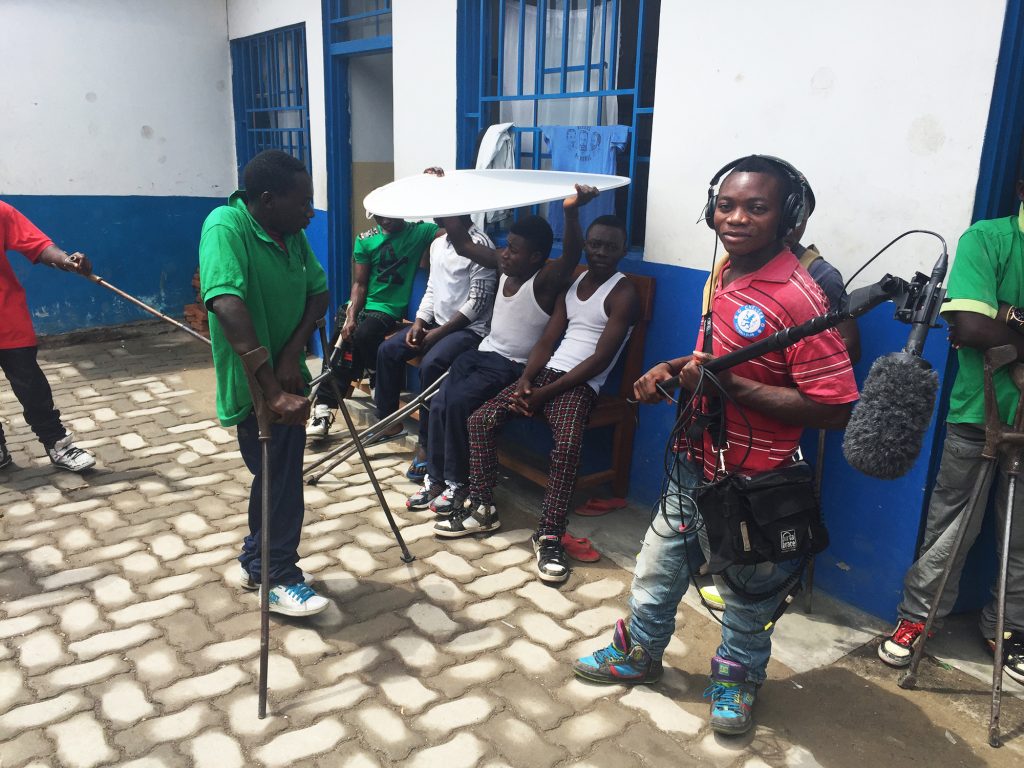
I kept calling him and finally he picked up. He was shooting in India and had just been kicked out of Pakistan. He answered the phone and said, “Dude, what do you want?” I said, “I just wanted to let you know that I think you’re amazing, and I want to study under you. I will literally get on a flight to India tomorrow and work for free. Just give me a job.”
He started laughing and said, “No, no. I work alone. Just me and a translator. That’s it.” I was like, “Okay.”
So then I asked him how I could become a better filmmaker. Should I go to school? He was like, “No, no, no, no, no. If you want to go to school, get a degree in economics and then become a filmmaker. Learn something about life. But don’t go to school to learn filmmaking.” I thought that tip was worth the call alone. But then he goes, “You know? I will tell you this, Brandon. Patience is the most overrated virtue.” I was like, “What do you mean, James?” But I think what he was saying was that in this environment, in filmmaking, what you produce is a direct result of how hard you push. How much you’re able to say, “I’m going to make this; I’m going to do it.” I think it was a great piece of advice. Or at least it’s a weird story.
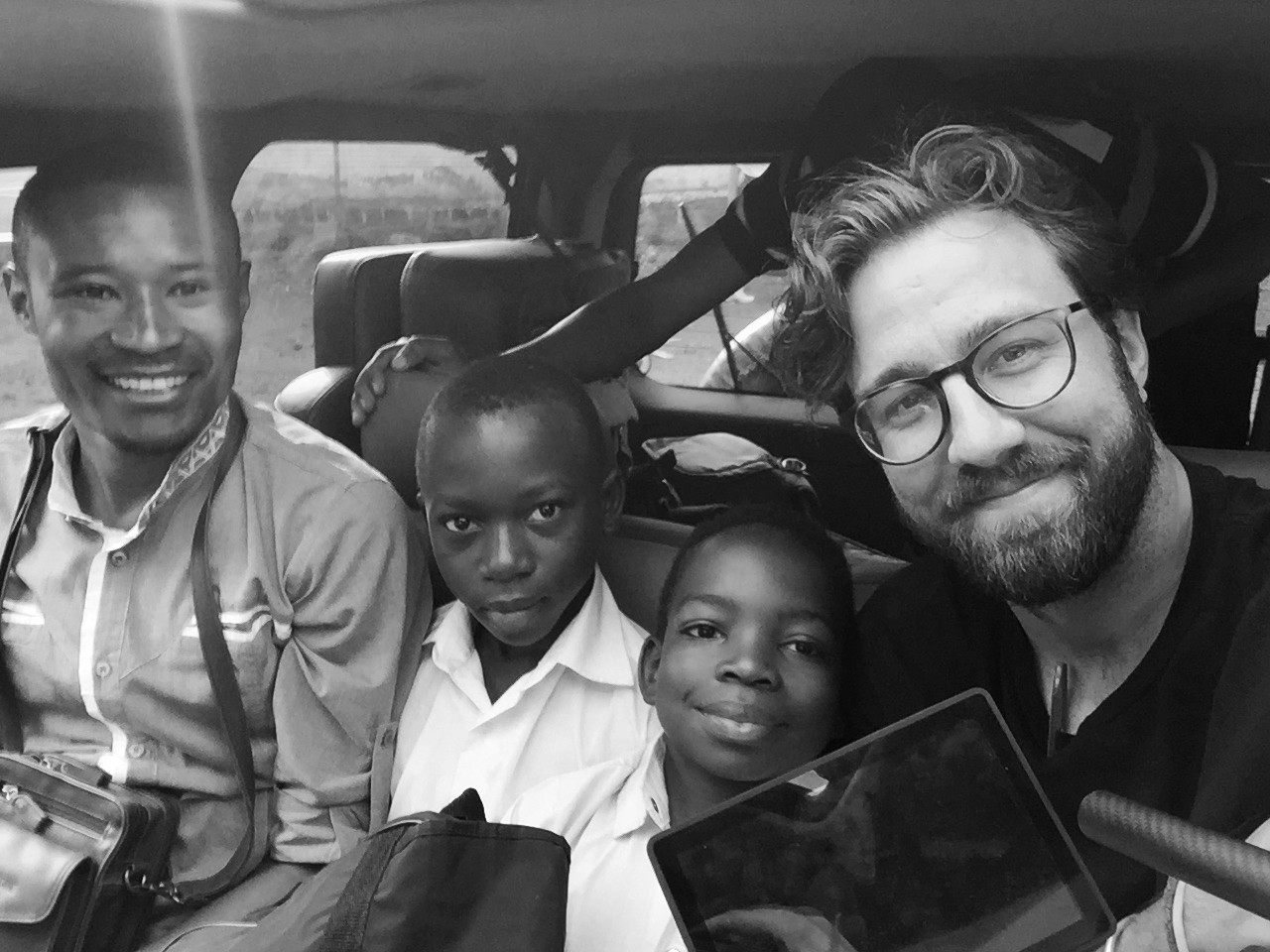
There’s a lot we can learn from Brandon Bray. Mostly, though, the value of just going for it. Whether it’s cold calling a Hollywood filmmaker or camping out inside your local Waffle House, good things come to those who make good things happen. One thing leads to the next. Everything builds on itself. Just take it one frame at a time.




































































